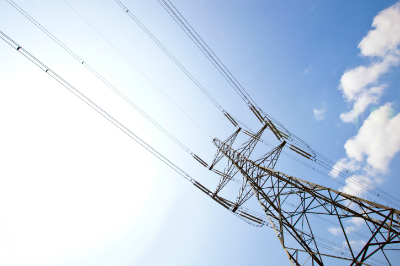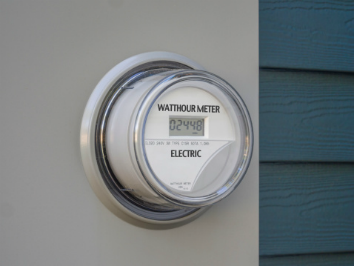Smart Grids, Smart Future
19 September 2017
In this latest instalment of blogs exploring the low carbon economy and what it means to Greater Manchester, Business Growth Hub Low Carbon Sector Advisor, Jack Smith, delves into smart grids − what they are, how the market operates and what opportunities it offers businesses in the region.
“A smarter energy system will create opportunities to reduce energy costs, increase productivity and put UK businesses in a leading position to export smart energy technology and services to the rest of the world”
– Greg Clark, 2017
What are smart grids?
First, let’s start with what we mean by ‘smart’. The term ‘Smart’ is used in many sectors and usually refers to increased communication to improve the management and utilisation of an asset or service.
Where the electricity grid infrastructure is concerned, it refers to the changes that need to take place to increase the communication and management of the low voltage distribution network. These changes are being driven by a number of factors:
- Customer requirement for increased levels of reliability and affordable energy bills
- Ageing infrastructure facing increased demands from electrification of heat and transport
- Increased amounts of renewable energy or distributed generation which is or would like to be connected to the grid
We recognise these drivers are opening up new market opportunities, particularly for new technology or service innovation. At the Business Growth Hub, we’re working with businesses to help them understand exactly what the opportunities mean for them and how they can exploit them.
As part of the Industrial Strategy, the government has committed to revolutionising the UK’s energy system and developing a business environment where new entrants to the market can compete. We feel this provides further confidence to businesses developing products and services for this sector.
The plan will deliver a smart, more flexible energy system, remove barriers and provide clarity on opportunities. There are opportunities for new technologies and services which are covered in the plan, such as battery storage which will enable the network to be more responsive and dynamic.
In addition, the plan aims to open up new markets, create harmonisation across the system and allow new commercial models and arrangements for how the grid is operated as well as how customers interact with the grid. This is good news for companies that can react to this information and provide new products or service models – this is another area where the Business Growth Hub is working with companies to help them understand the issues and how to use that information to influence their business strategies and plans.

Distribution Network Operators
In addition to energy consumers such as households and businesses one of the main customers for new smart products are the distribution network operators. The distribution network is the section of the electricity network that delivers power to customers and it is operated by 14 regional Distribution Network Operators (DNO); Electricity Northwest operates the distribution grid in Greater Manchester and the North West.
The business is highly regulated by OFGEM and clues to their procurement requirements can be found in the DNOs’ strategies and investment priorities which are set out in price control periods and can be viewed on the DNOs’ websites. Due to the high-risk nature of the business, both in terms of the operating environment and changes to customer expectations, innovations on the network need to be fully-tested and trialled before implementation, which means it can be a difficult market to enter. The Business Growth Hub provides support to help companies overcome these barriers.
Smart Meters
A key part of the smart grid infrastructure which has reached roll-out stage is smart meters. These act as the interface between customers and the grid. They will enable better energy management from customers as they will be able to see how much energy they are using within their home and business. They can also provide better information to the DNOs about the real time use of power. Smart meters are already being installed into homes and there are business opportunities now to take part in this roll out.
In the future we believe smart meters could play a role in helping consumers take an active part in energy management and help with the promotion of other technologies such as renewable energy, storage or EV charging. The UK-wide smart meter implementation plan is estimated to cost £11bn to install smart meters in homes and businesses by 2020.
This is an emerging area with complicated market structures but there are rewards for companies that can respond.

How the Hub can help you embrace Low Carbon markets?
The Business Growth Hub has a team of Low Carbon and Environmental Sector experts who can help provide specialist, tailored advice if your company is operating in or wants to diversify into the smart grids industry. If you’re interested, Enquire and Grow today.